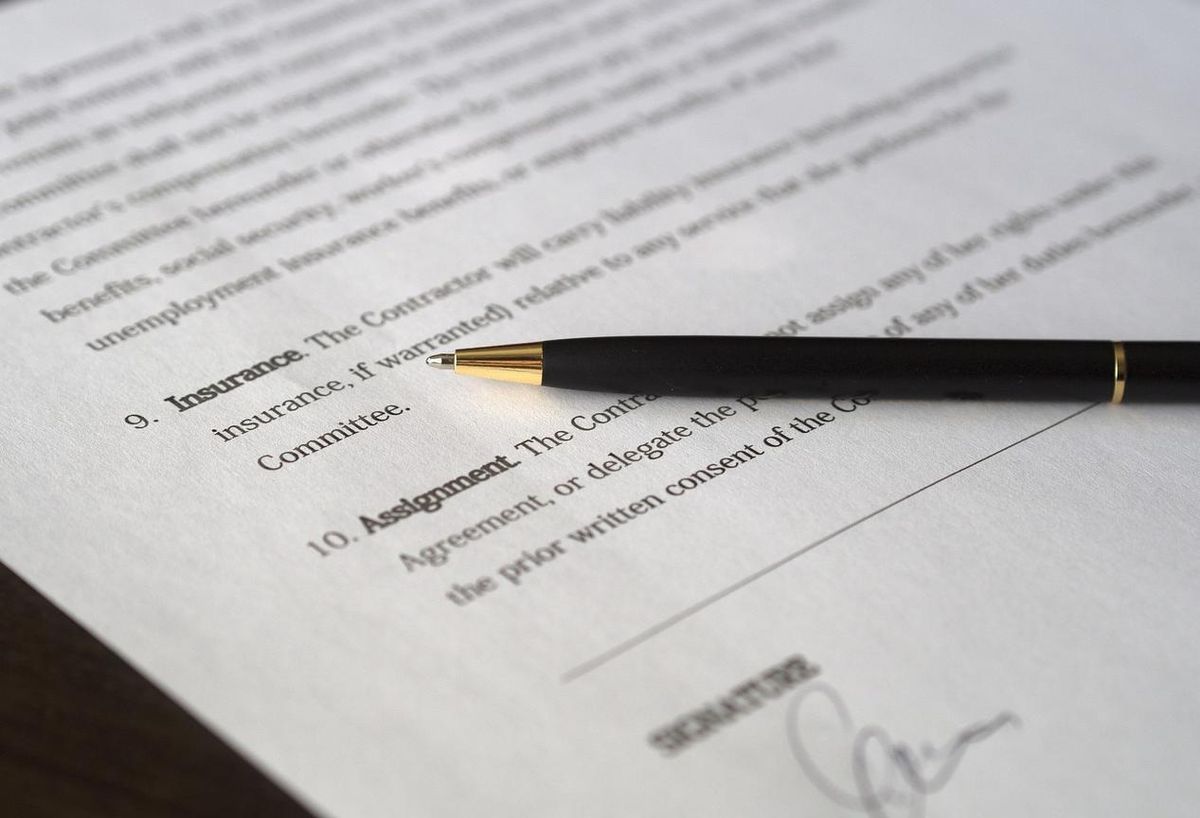The UK government’s shock decision Thursday to ban upward-only rent review clauses in new commercial leases will upend the way property has done business since the end of post-World War II rationing.
Part of Labour’s Devolution Bill, the ban won’t apply to existing leases but to new leases and leases that are being renewed under the 1954 Landlord and Tenant Act. The bill could pass into law before the end of the year.
The property industry has reacted with horror to the news — leases where rents can only go up or stay the same are the basis on which most commercial property in the UK is valued.

“It risks investor confidence at a time when development viability is already seriously challenged,” British Property Federation CEO Melanie Leech said in a statement.
The hospitality industry is overjoyed, on the other hand.
“Unjust upward-only rent review clauses have been hitting hospitality businesses for years, making rents unnecessarily expensive,” UKHospitality Chair Kate Nicholls said in a statement. “They have been punishing the high street and constraining investment, and it’s the right move for the Government to ban them completely.”
The UK has historically had longer lease lengths than other parts of the world, and it is pretty much the only country that has upward-only rent reviews.
That has helped the UK punch above its weight in terms of global investor interest, as the institutional lease with guaranteed cash flow proved highly appealing to investors from near and far.
The roots of this go back to 1955 — that is when University of Reading academic Peter Scott found the first reference to a rent review, as detailed in his book The Property Masters.
Consumerism and prosperity started to take hold in Britain in 1955. Unemployment was at a low that has still never been matched — 1% — and the pound was strong because it was pegged to the dollar and thus the booming U.S. economy. Postwar rationing had finally ended a year earlier, as had a ban on leasing consumer goods like cars and televisions. Birds Eye launched its frozen fish finger, Wimpy opened the first fast-food restaurant in the UK, and commercial television arrived with the launch of ITV.
Consumer spending soared, and along with a strong currency, the UK experienced something never before seen in peacetime: inflation. For hundreds of years, except in periods of scarcity created by war, inflation had been virtually nonexistent in economies across the world. But from the mid-1950s it spiked, and it hit unthinkable levels of 10% or more during the oil crises of the 1970s.
And landlords wanted a piece of it, Scott said. At the start of the 1950s, the average lease length for commercial property was more than 70 years with no rent reviews, according to data from Scott and the Investment Property Forum. If the rent was unlikely to go up, why bother to review it? But with the arrival of inflation, there was something to play for, and in 1955, institutional investors started putting rent reviews into leases, albeit only starting 50 years into the contract.
But by 1960, the average length to the first rent review had dropped to 21 years, by 1970 it was seven years, and by the time the 1980s arrived, it was down to the five years common today.
But the key was that leases were still long, more than 20 years on average, and rent could never go down.
One pioneer of this system was the Church of England, which has been collecting rents from tenants and parishioners for 500 years.
In 1948, the Church of England established a body called the Church Commissioners to manage the church’s investments and use the income to pay a chunk of the salaries of clergymen. It went big into commercial property in the 1950s, building on land it owned in London and beyond, buying assets and selling off some of its agricultural land in the process. It has traditionally been the second-biggest landowner in Britain after the crown.
And when, alongside insurance companies like Legal & General, the Church Commissioners started putting rent reviews into its leases, it specified in the contracts that when rents were reviewed, they could only go up, according to Scott.
This quickly became ubiquitous, and thus the unique modern British lease was born. It may be about to die.
